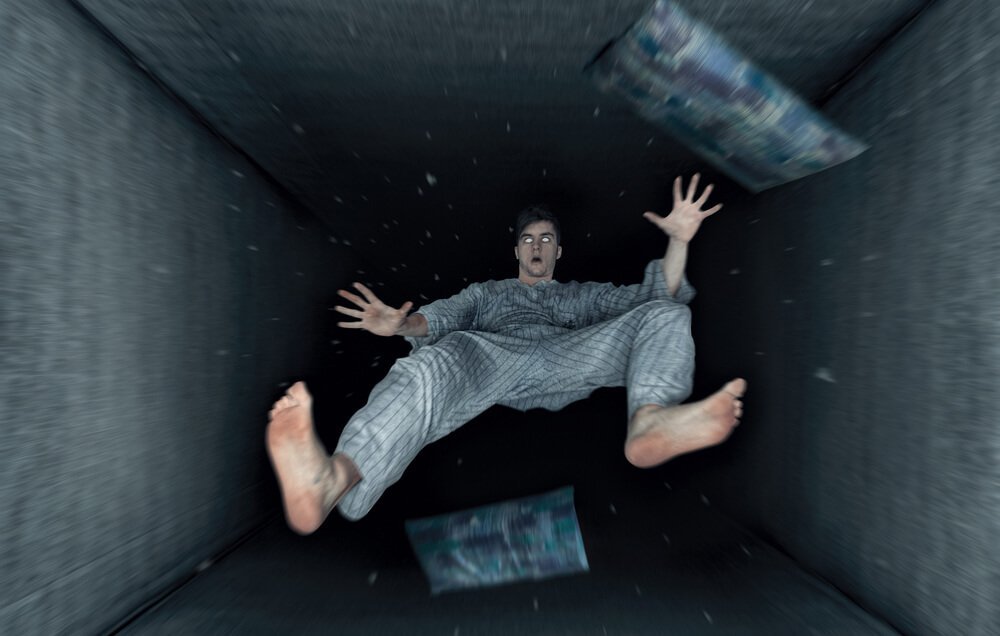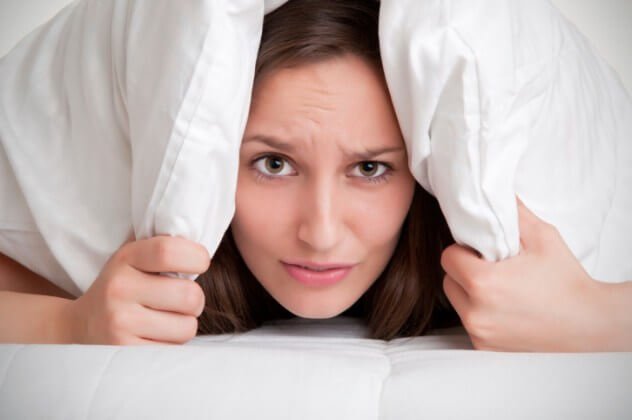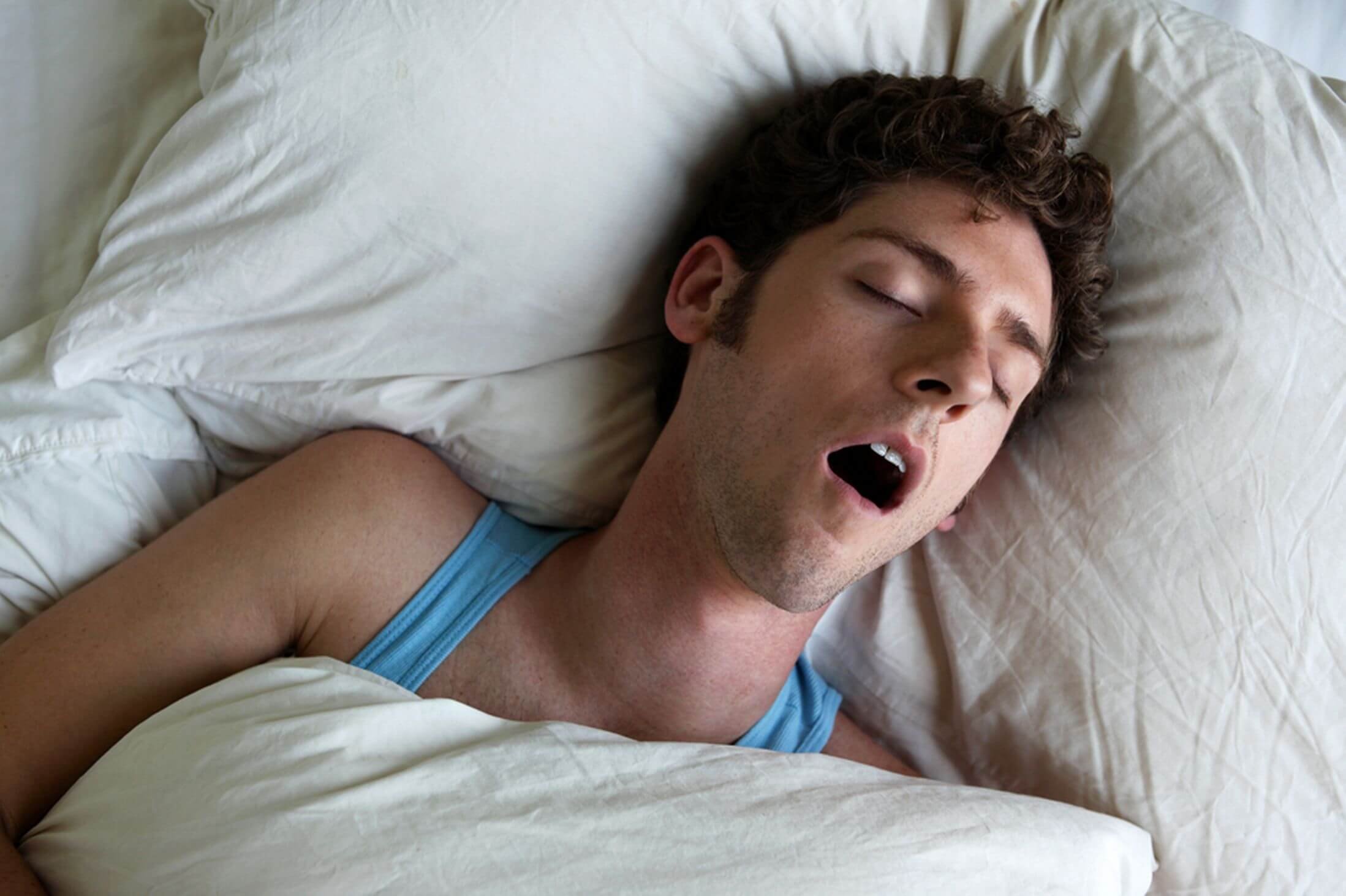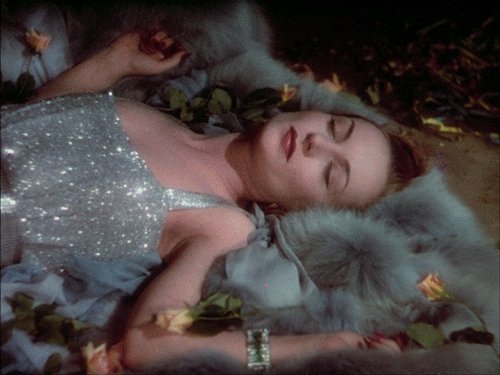You settle into bed and begin drifting into warm, lulling sleep when your body jerks awake suddenly. Sometimes these jerks are preceded by sensations of falling or accompanied by dreams which involve falling. These are known as hypnic jerks and as many as 70% of people have experienced them.

These sleep starts occur during a period between being awake and asleep, which is known as the hypnagogic stage. This is the stage where you’re sort of drowsy and thoughts mingle into vague dreams and that’s when you’re not sure if you’re awake or sleeping.
These starts can be caused by an involuntary muscle jerk or triggered by external sound or light.
Hypnic jerks are normally nothing to worry about, it’s just the brain’s reaction when muscles begin to loosen up and relax. The brain mistakes it to be a sign of falling and tenses and tries to prepare the body to stop the fall.

In some cases, however, sleep starts may be indicative of some worrying health issues.
The most common medical cause is anxiety and that’s something we all have nowadays thanks to a fast-paced life. Anxiety disturbs sleep patterns and research reveals that hypnic jerks vary in frequency according to stress levels.
Another cause is sleeping disorders such as narcolepsy. So, binge watching those TV series late at night is probably not the best idea. This can cause changes in neurotransmission, when nerves ‘misfire’ in a way and this leads to hypnic jerks.

In some cases, hypnic jerks are the result of restless leg syndrome. Restless leg syndrome occurs when people have uncomfortable sensations in their legs (itches, needles) and they feel an urge to shake their leg to relieve them of the sensations.
Though in most cases, restless leg syndrome is considered hereditary, it can also be caused by alcohol abuse, sleep deprivation, kidney failure and diabetes.
Another cause might be brain lesions, especially near the pyramidal tract of the brain which is associated with body movements. Lesions may lead to involuntary movement when the body transitions to sleep.
We know how important sleep is to you, but there is no treatment for hypnic jerks. However, people found that decreased brain activity towards nightfall like reduced exercise in the evening and avoiding taking stimulants like caffeine resulted in a drop in hypnic jerks.

Here’s to sound beauty sleep!
h/t – DavidWolfe

















